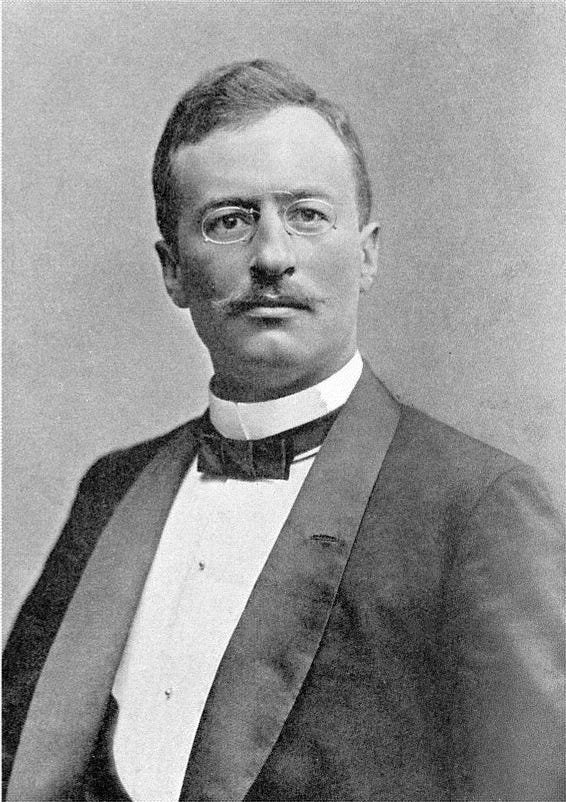Sven Hedin (1865–1952) was a Swedish geographer, topographer, explorer, and writer best known for his extensive expeditions into Central Asia, the mapping of previously unknown territories, and his detailed travelogues. Hedin’s life was a blend of scientific accomplishment, adventurous spirit, and political controversy. His legacy, though rich with contributions to geography and cartography, is also marked by troubling associations with nationalist ideologies in Europe.
Early Life and Education
Sven Anders Hedin was born in Stockholm on February 19, 1865. Fascinated by exploration from a young age, his interest was sparked by reading accounts of Arctic adventures and by attending the homecoming of Arctic explorer Adolf Erik Nordenskiöld in 1880. Hedin pursued studies in languages and science, eventually earning a doctorate in geography in 1892 from the University of Halle, Germany. His multilingualism—he spoke Swedish, German, Persian, and Chinese, among others—was crucial to his success in the field.
Major Expeditions and Geographic Contributions
Between 1893 and 1935, Hedin undertook four major expeditions to Central Asia, Tibet, and Xinjiang (then known as Chinese Turkestan). These journeys aimed to explore the unmapped interiors of Asia, document ancient trade routes like the Silk Road, and understand the region's complex geography and cultures.
Highlights of his expeditions include:
Crossing the Taklamakan Desert, one of the most inhospitable regions on earth.
Mapping the sources of the Brahmaputra, Indus, and Sutlej Rivers.
Exploring the ancient city of Loulan, a Silk Road settlement buried by sands for centuries.
Surveying the Tibetan Plateau, at a time when Tibet was largely closed to foreigners.
Hedin’s maps and topographical data were of immense value to Western geographers, filling in vast blanks on the map. He was a pioneer in combining scientific methodology with adventurous exploration.
Keep reading with a 7-day free trial
Subscribe to The Gentle Law to keep reading this post and get 7 days of free access to the full post archives.





